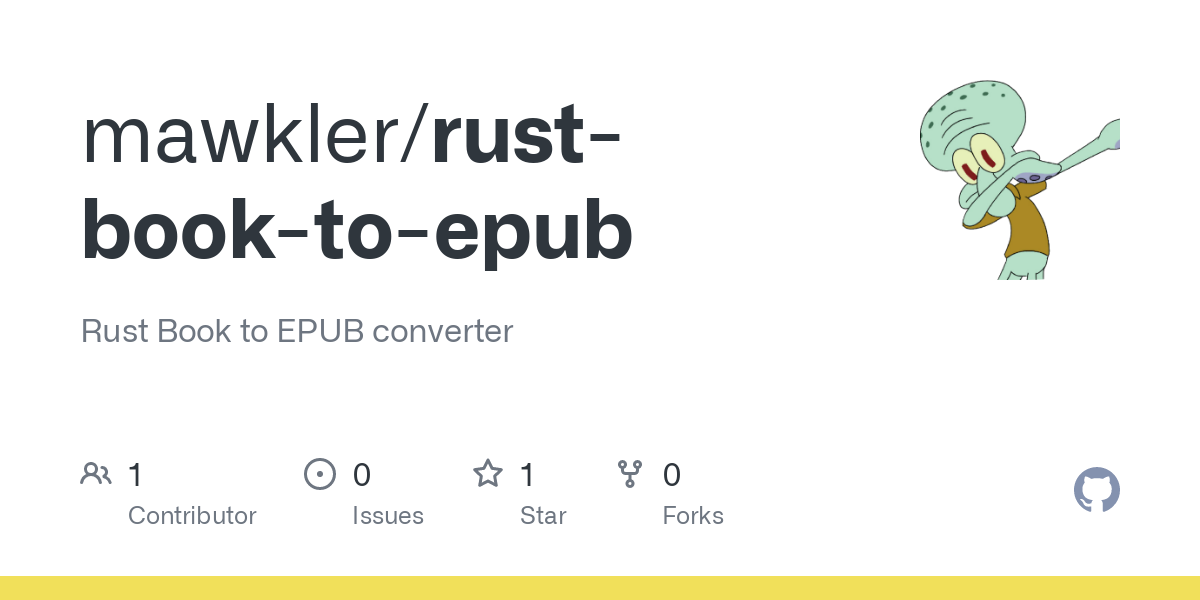

Having just watched the lecture, the only classified info I can recognize is the capabilities of 80s era satellites.
Given that, I think it’s quite a shame that the whole thing is only now available. Rear Admiral Hopper seems to have been someone who deeply understood both computers and people. The prescriptions she gives regarding “systems of computers” and “management” vs “leadership”, to name just two, are spot-on. Her lecture is quite grounded in what I’d call “military thinking”, but that’s just because she’s in a room filled with people who are of that life. In my opinion, everything she talks about is applicable to communities and businesses.
The general gist of the entire ~90mins reminds me of Project Cybersyn in its perspective on how computers could serve society.





Even though I fully expect the police here aren’t doing as much as they could (I mean come on, are they expecting phones to come with wiimote hand straps?) , I’m at least glad their public rhetoric is that they can’t “arrest their way out of the problem”.
I imagine that’s poor compensation when you’ve just had your phone snatched, however.